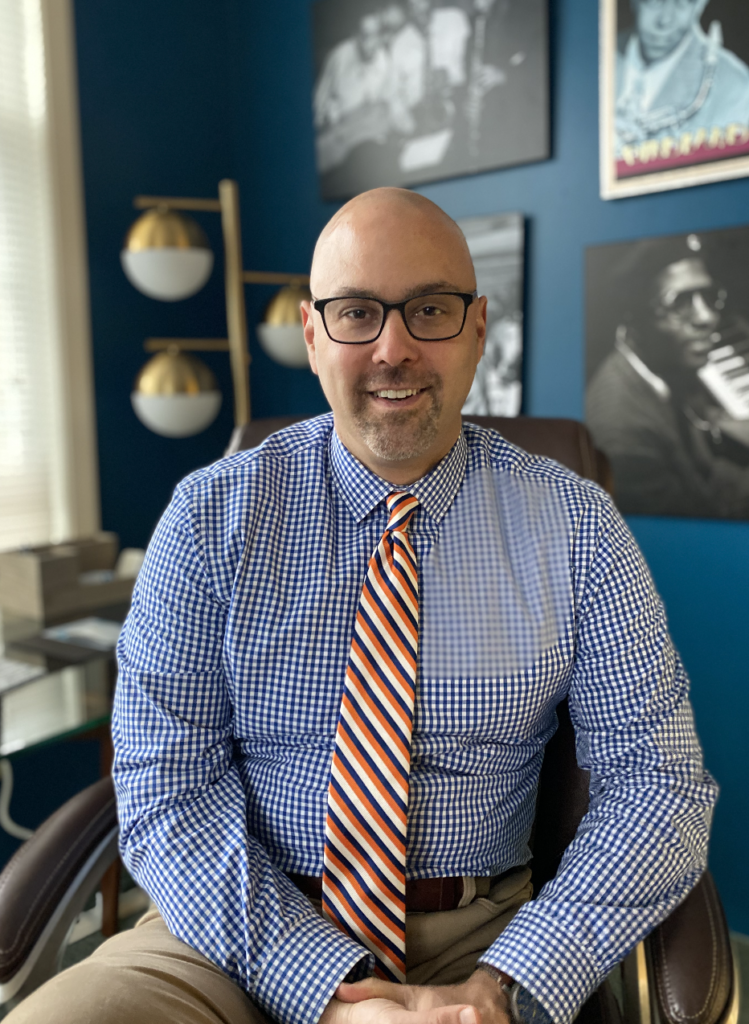Search Posts
Recent Posts
- Outdoors in RI: Help keep recreation areas clean. Invasive Milfoil, trash. 2A update – Jeff Gross July 26, 2024
- Real Estate in RI: Highest-ever sale in Queen’s Grant, EG $1.25M, by Residential Properties July 26, 2024
- Homeless in RI: Gov. Newsom issues Executive Order. Remove California’s encampments. July 26, 2024
- Let the games begin. XXXIII Summer Olympics – John Cardullo July 26, 2024
- GriefSPEAK: What would you do? – Mari Dias Nardolillo July 26, 2024
Categories
Subscribe!
Thanks for subscribing! Please check your email for further instructions.

Mind full vs. Mindful? – Dr. Holly Schiff, South County Psychiatry
by Dr. Holly Schiff, South County Psychiatry
Most of us are mind full every day, lost in our thoughts and worrying about the future; but what if we decided to be more mindful? Mindfulness improves your mental health, but what is it? Mindfulness is paying attention on purpose, in the present moment, non-judgmentally. You are listening to and watching what naturally exists, focusing on the here and now; while intentionally increasing awareness of experience. You are also curious and objective about the experience and pay attention to what is unfolding moment to moment.
Mindfulness forces you to slow down, do one thing at a time, and notice all the nuances of movement. Try to use all your senses to really feel what it is that you’re doing instead of multi-tasking and losing the experience of the present moment. For example, you can mindfully eat, fold laundry, or brush your teeth. This retrains our mind to settle into the present moment.
With mindfulness meditation, we pay attention to our thoughts as they pass through our mind. We do not judge them or become involved with them. You simply observe your thoughts as they come in and out. This can be easily practiced alone, and it combines concentration with awareness. You can also use a script or a guided meditation audio to help you focus on an object or your breath while you are observing bodily sensations, thoughts and feelings. The most popular position to use while meditating is sitting since this provides a balance of focus and relaxation. Other positions are standing, lying down or walking. Meditating while walking is a way to bring a relaxed focus to the everyday activity of walking. You will feel the difference when you are actually paying attention to what is going on around you while taking a walk, rather than focusing on all the thoughts swirling around in your mind. Mindfully walk at a comfortable pace while focusing your attention on the environment around you and how your body feels as you are moving. The outdoors is also the perfect environment for this since the vast beauty of our world offers so many opportunities to be present and mindful.
Benefits
Some benefits of mindfulness meditation are that it reduces stress and pain, helps alleviate and decrease anxiety, and it enhances one’s self-awareness and ability to be mindful in the moment. The best part? You can access meditation anywhere – there are so many different forms, most of which don’t require any specialized equipment or space, and you can practice meditation with just a few minutes daily. It is simple, accessible and completely free.
When first starting mindfulness, you might have a hard time and may even get frustrated. It is something that takes a little bit of time and practice, but with consistency, you will start to feel the beneficial effects. It is like learning another language, so keep reminding yourself that it requires practice. Keep doing it and results will accrue!
___
This article is part of South County Psychiatry’s regular series – see more articles from them here:
___

Dr. Holly Schiff is a clinical psychologist licensed in Connecticut, New York, and Rhode Island. She is a native New Yorker who now resides in Connecticut. She was awarded a Doctorate of Psychology in School and Community Psychology from Hofstra University. She earned her Bachelor’s degree from Fordham University, majoring in Psychology with a minor in Sociology and Pre-Law advisory. While completing her undergraduate education, Dr. Schiff was accepted as a member of Psi Chi, the international honor society in psychology. She went on to complete a Master of Arts in Psychology in Education degree from Columbia University, as well as a Master of Science in School-Community Psychology, and an Advanced Certificate in School-Community Psychology from Hofstra University.
Her broad range of clinical experience encompasses psychotherapy in schools, outpatient clinics, and inpatient psychiatric hospitals. Dr. Schiff had the pleasure of learning in several prestigious settings in the Northeast including Silver Hill Hospital, New York-Presbyterian Hospital, and Rockland Psychiatric Center. Dr. Schiff conducts individual therapy, family therapy, parent guidance, and group therapy using Cognitive Behavioral Therapy, Dialectical Behavior Therapy, Trauma-Focused CBT, Relational Psychotherapy and Positive Psychology. Leveraging her dance training, she encourages the psychotherapeutic use of movement and dance to support mental health. Her expertise also includes administering and analyzing neuropsychological evaluations and psychoeducational assessments. Dr. Schiff collaborates
with various treatment providers and schools as appropriate to offer the most comprehensive treatment approach.
Outside of her clinical practice, Dr. Schiff’s published dissertation research focused on Alcohol and Tobacco Consumption as Addictive Behaviors in Emerging Adults. Dr. Schiff is regularly consulted as a featured media expert for her commentary and serves as a medical reviewer for many publications. She has appeared in Forbes, WebMD, The Today Show, AARP, Parade Magazine, The Washington Post, A & E, U.S. News World Report, Business Insider, People Magazine, Reader’s Digest, and Popular Science among others. She has been interviewed on podcasts, radio shows, and was an expert panelist on multiple seasons of a PBS series about neurodiversity. In addition, Dr. Schiff partnered with Nickelodeon to develop a series of activities for children to promote empathy and kindness.
When Holly isn’t working, she likes to challenge herself with trivia, read true crime books, travel (usually to beachy destinations), and enjoy time with her family and cat, Bentley.
___

Anthony Gallo, MD is a native of Rhode Island. He is an alumnus of Providence College where he completed the honors program and graduated Magna Cum Laude with a Bachelors of Science in Biology. From there, he matriculated directly to Boston University School of Medicine, and stayed there for his residency at Boston Medical Center. Anthony Gallo, MD is a Diplomate of the American Board of Psychiatry and Neurology and is double-Boarded in Adult Psychiatry and Consultation-Liaison Psychiatry.
After finishing his residency, Anthony Gallo, MD worked in community hospitals in Massachusetts before returning to Rhode Island. In 2006, he joined the Psychiatry staff of Rhode Island Hospital / Lifespan where he stayed for over a decade. During that time, Anthony Gallo, MD worked in various services throughout the department, as well as consulting in different areas of the hospital and promoting numerous quality initiatives.
Anthony Gallo, MD founded South County Psychiatry to meet the need for quality mental health care in Rhode Island. He relaxes with cooking, listening to jazz, clay shooting, and spending time on the water with his wife, boys, and dog.

